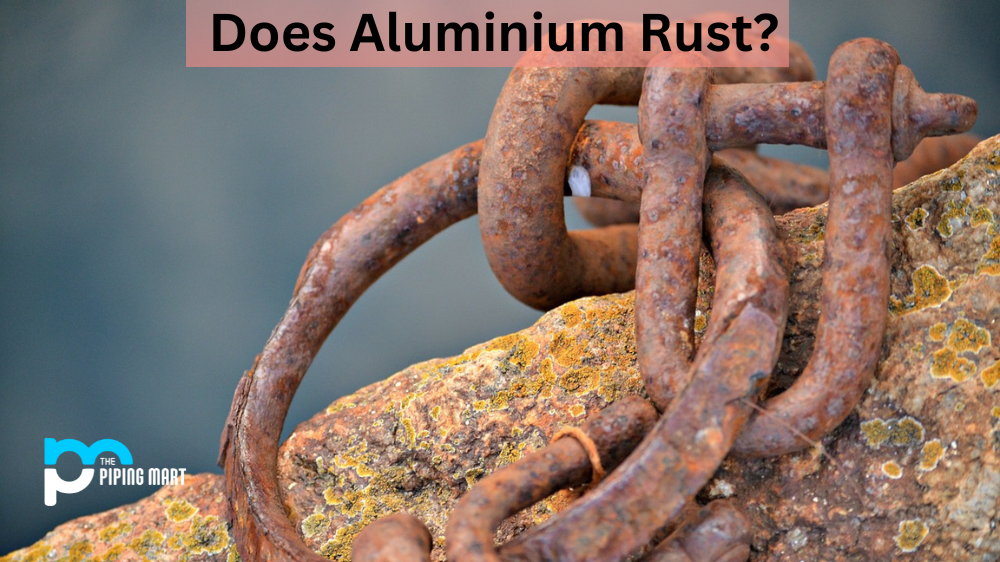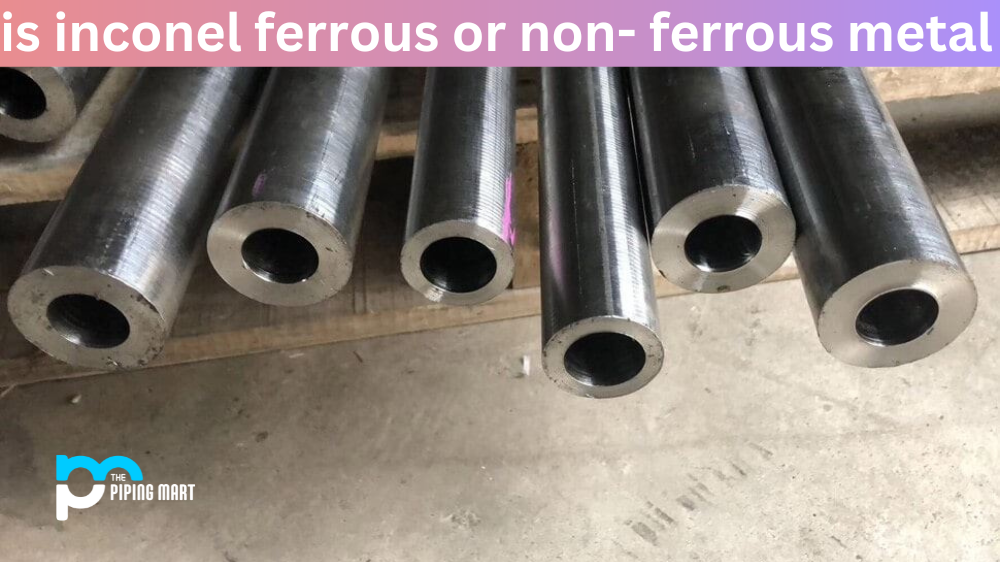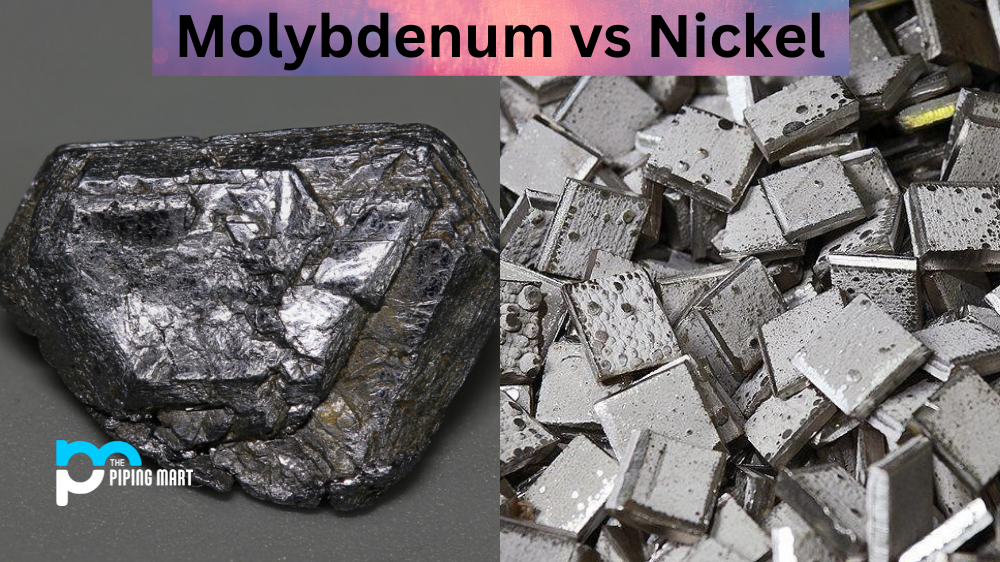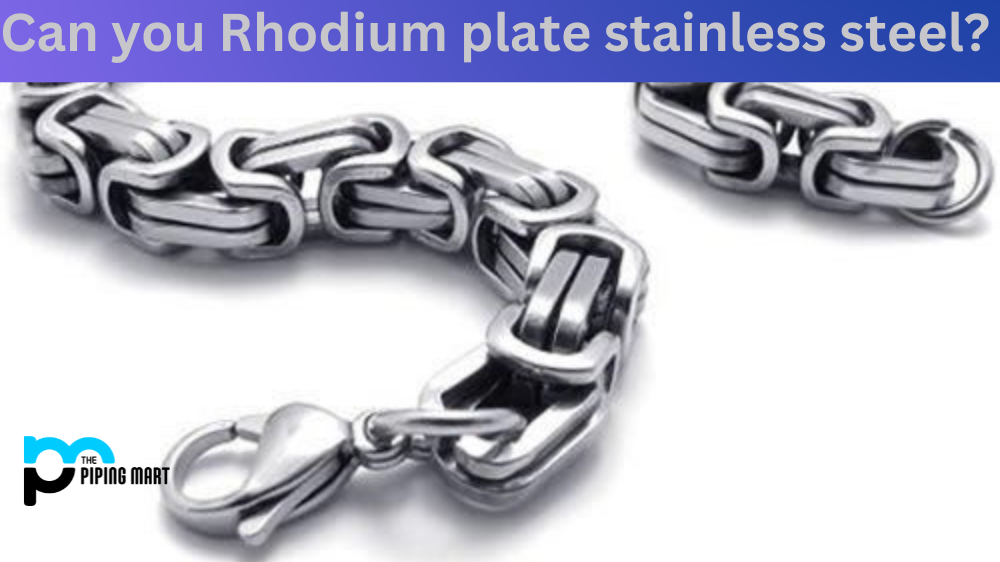When you hear the term “rust”, you may immediately think of corroded iron or steel. But what happens when aluminium comes into contact with water? Does aluminium rust too? The simple answer is no—aluminum does not rust. But that doesn’t mean it won’t corrode—it just means that the corrosion process is different from rusting. Let’s explore why aluminum does not rust and how it corrodes instead.
What Is Rust?
Rust is a type of corrosion process that occurs when iron or steel oxidizes in the presence of oxygen and moisture. This oxidation process corrodes the metal, causing it to become brittle and weak over time. Rust can also occur on other types of metals like copper, tin, zinc, lead, nickel, bronze—even brass—but it is most commonly associated with iron or steel due to their widespread use in construction and manufacturing.
How Does Aluminium rust?
Unlike iron and steel, aluminium does not oxidize when exposed to water; instead, it undergoes a chemical reaction called hydrolysis. In hydrolysis reactions, water molecules react with certain elements to form an oxide layer on the surface of the metal, which helps protect it from further corrosion by blocking oxygen from entering its surface. This process prevents aluminum from rusting but still allows for some corrosion over time as its protective layer wears away due to environmental factors such as saltwater exposure or acid rain.
Aluminum can also be affected by galvanic corrosion, which occurs when two dissimilar metals are placed in contact with each other in an electrolyte solution like water or saltwater (e.g., seawater). In this case, electrons will flow between the two metals creating an electrochemical cell which accelerates corrosion on one of them (usually the less noble metal). Therefore, if aluminum is placed in contact with another more reactive metal such as zinc or iron (which both have higher electrochemical potentials than aluminum), then galvanic corrosion can occur on its surface faster than normal rates would dictate.
Conclusion:
Though aluminum cannot rust like iron or steel, when exposed to atmospheric oxygen and moisture, it can still corrode at a slower rate if certain environmental conditions are present such as saltwater exposure or acidic air pollution (acid rain). Furthermore, galvanic corrosion can accelerate this process if two dissimilar metals come into contact with each other in an electrolyte solution such as saltwater or freshwater; therefore, care should be taken when using aluminum components around other more reactive metals like zinc or iron to reduce risk of accelerated corrosion damage occurring on them over time. Understanding how aluminium behaves under various conditions can help us make wise decisions regarding its use in outdoor projects and ensure our structures last for years to come!

Abhishek is a seasoned blogger and industry expert, sharing his insights and knowledge on various topics. With his research, Abhishek offers valuable insights and tips for professionals and enthusiasts. Follow him for expert advice on the latest trends and developments in the metal industry.




